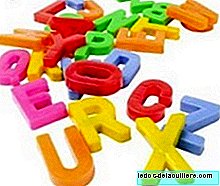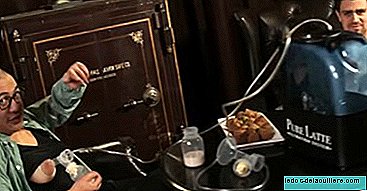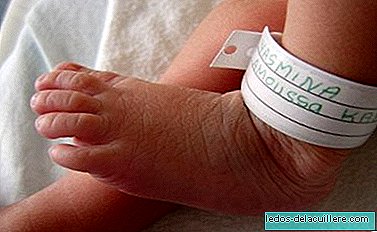
When a child older than four years presents difficulty in the pronunciation of some phonemes, the presence of dyslalias is suspected. Dyslalia is about the inability to correctly pronounce certain phonemes.
The dyslalia is very varied. Children usually replace the "S" with the "Z", or the "R" with the "D", are the most frequent cases.
Dislalia in children under four years of age is part of the development phase of children's language. It does not require treatment, as it is a normal process, although it is necessary to maintain an adequate pronunciation with the child that helps correct speech maturation. Beyond four years of age, if the child expresses himself in an almost unintelligible way, a hearing and language specialist should be consulted.
There are several types of dyslalia: organic, audiogenic, or functional.
The latter is the most frequent replacement of phonemes, where the child does not know or incorrectly performs the point and mode of articulation of the phoneme. For example, it does not pronounce “RR” well because it does not vibrate the tongue correctly, or supports it in the wrong place.
The dislalia is very frequent beyond four years, it is convenient to know that they need treatment with a specialist who will use a non-invasive treatment, with the help of games and a lot of family collaboration.












